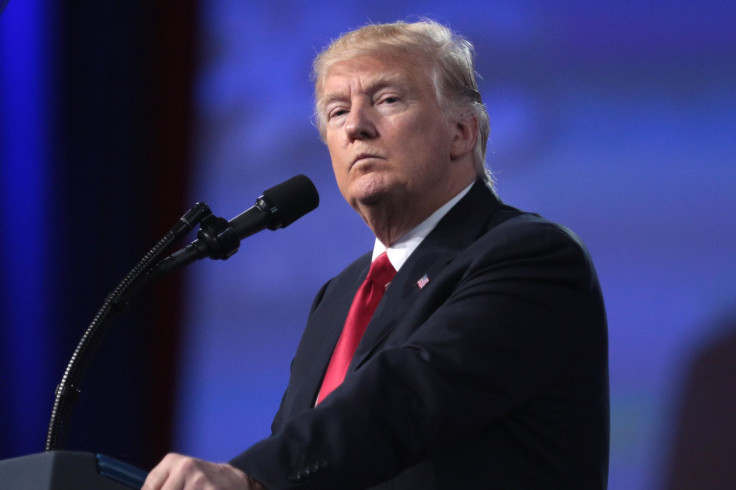Trump Vs. the Scientific World

As Yogi Berra would have said, “This is déjà vu, all over again.”
Case in point: The White House has announced that implementing herd immunity is necessary to reopen the economy. No sooner had that announcement hit, when the World Health Organization said, No, herd immunity would be unethical – and unprecedented.
Throwing more water on the idea was a case study published recently of a 25-year-old man in Nevada who contracted COVID-19 in April and then again in June. The researchers said the two strains of virus were not the same, therefore emphasizing that immunity against the disease is not a given.
If anyone needs to be reminded, the White House and the scientific community had similar diametrically opposed opinions about hydroxychloroquine (President, yes, Science, no); using a disinfectant to rid the body of the virus (President, yes, Science, a hard no); and mask-wearing (President, not on board 100%, Science, click here.)
A recent campaign ad that implied that infectious disease expert Anthony Fauci, MD, had praised President Donald Trump’s efforts to control the virus was roundly criticized for its misrepresentation of the doctor’s comments. Despite Dr. Fauci’s requests, the Trump campaign won't take the ad down, said the Washington Post. Diametrically opposed views are now amplified via voice and video.
The top five worst-performing countries in terms of controlling the virus, the U.S. included, have a few things in common, said Lawrence Gostin, a Georgetown Law professor who specializes in global health, in an interview on the PBS NewsHour Oct. 13.
Populist leaders like President Trump “undermine science, they undermine public trust,” Mr. Gostin said. These countries stopped their lockdowns in the early days of the pandemic and abandoned steps to mitigate the virus’s spread, such as testing, tracing and isolation, he said. Meanwhile, people are experiencing a lot of “fatigue,” so once restricted places, like bars, have become a draw.
Researchers have said the current percentage of Americans infected is not even close to the percentage needed for herd immunity. “Herd immunity remains out of reach,” the authors wrote Sept. 25 in Lancet.
Johns Hopkins defines herd immunity as getting to the point where most people in a specific population have immunity to a disease, so those who aren’t immune are protected against contracting it.
Kaiser Health News wrote in September that cases of reinfection – about five so far – “have raised questions about how long natural immunity lasts and whether someone with immunity could still spread the virus.” One of those reinfected, an 89-year-old woman from the Netherlands, has since died.
Nothing much has changed regarding the White House’s attitude toward the virus, despite the president’s own infection. President Trump, who has apparently tested negative for the virus, is holding in-person campaign rallies, against the advice of public health experts. And on Oct. 13, the president’s chief of staff, Mark Meadows, met with reporters, without a face mask.
This is despite the fact that the president’s rating regarding how he has handled the pandemic, which has killed at least 214,000 Americans, are slipping. A Washington Post-ABC poll found that only 29% of voters believe that Mr. Trump’s efforts to contain the virus’ spread have been effective.
Published by Medicaldaily.com



























